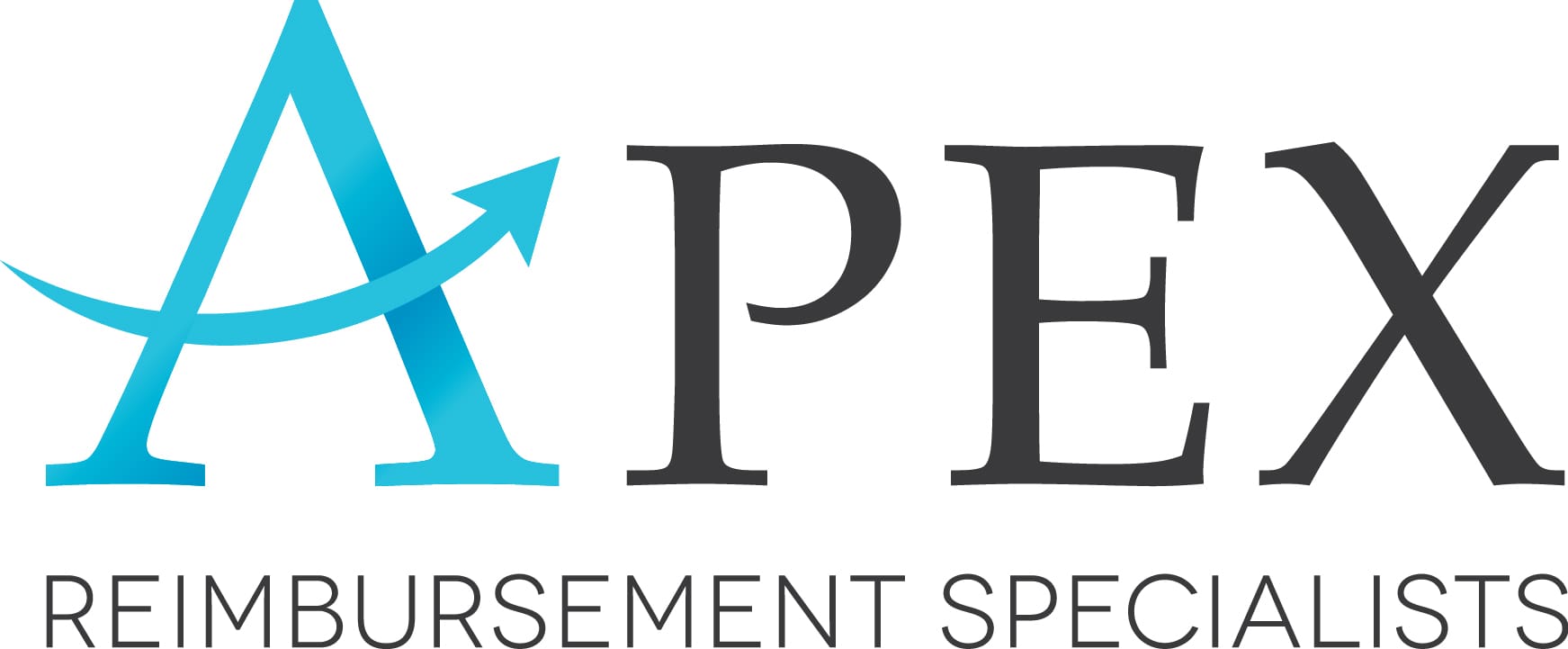While medical insurance will not cover most routine dental procedures like fillings or cleanings, there are cases where procedure codes can be submitted to traditional medical insurance for reimbursement. It’s essential that your practice understands what codes are eligible, and in which situations you should bill to medical insurance instead of dental insurance.
“Medically Necessary”
Depending on the insurance provider, medical insurance policies may cover dental care that is deemed medically necessary. What counts as medically necessary? The most common reasons include care after an accident, specific diseases and treatments that are required for other medical services to occur. Any oral surgery required as a result of non-biting accidents is considered medically necessary, so health insurance could cover a portion of the expenses. Jaw surgery needed to correct broken bones in the aftermath of an accident would be medically necessary, but other types of jaw surgery to address TMJ are not often considered a necessity.
The Basics of Billing to Medical Insurance
There are four common types of dental procedures that are acceptable to medical insurance companies.
- Diagnostic Procedures: These are methods used to diagnose a medical condition and include examinations, imaging, stents, models and bacterial testing. X-rays used to locate impacted teeth are medical diagnostic procedures, but routine X-rays are not.
- Non-Surgical Medical Treatments: Non-surgical dental treatments that are not related to an accident can be billed providing that they treat a medical condition. Non-surgical medical treatments can include emergency treatment for inflammation or infection, drainage of abscesses, night guards, sleep apnea appliances or dental treatments for patients suffering from anorexia or bulimia.
- Traumatic Injury Treatments: Before billing for traumatic injury treatments, make sure that the injury is not covered under liability, automobile or homeowners insurance first. Those policies should be billed before billing medical insurance.
- Surgical Treatments: Medically-necessary extractions, the extraction of impacted teeth and the extraction of teeth before an organ transplant or radiation can all be billed to medical insurance.
When billing, you should use the proper insurance codes so that the claim will be approved. If you are billing for a medical procedure, you should also always file with the medical insurance company first. Once that insurance company adjudicates the claim, you can submit it to the dental insurance company.
Partner with APEX Reimbursement Specialists for Help with Your Practice
The experts at APEX Reimbursement Specialists can help you to explore the best options for your continued growth and sustained success. Contact our team today by calling (410) 710-6005. We look forward to working with you to make your practice a more profitable place.

